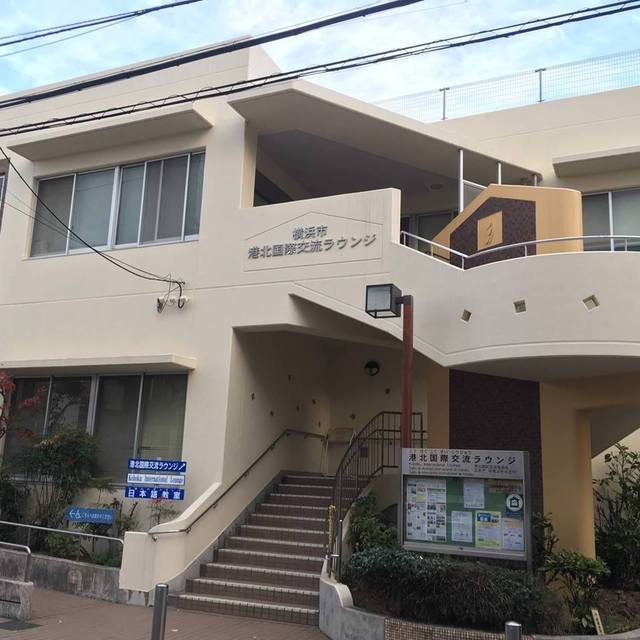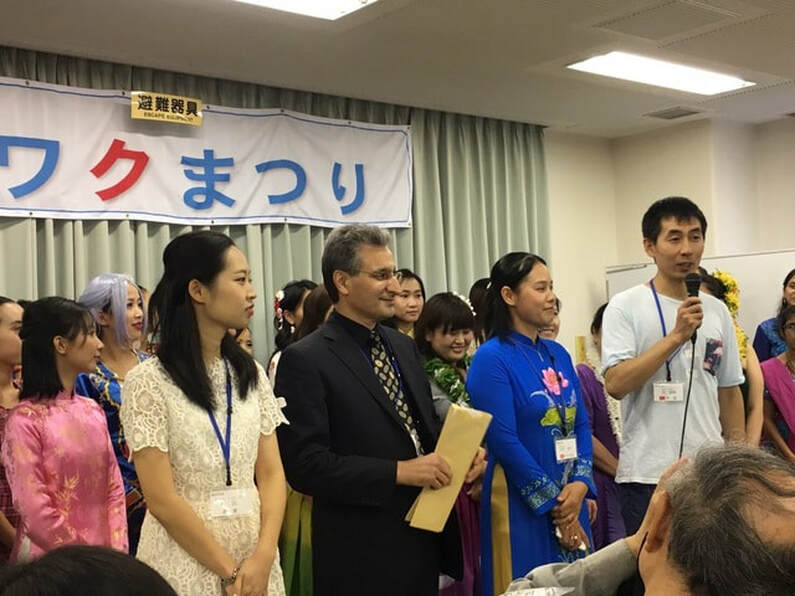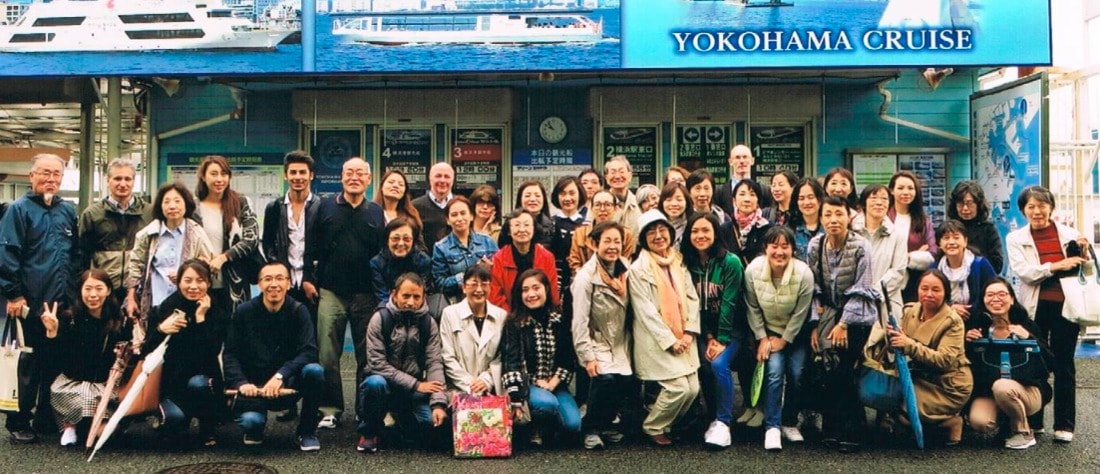What Kominkan Is And Where You Can Find It!Kominkan "公民館" or citizens' public hall is a learning center that provides a host of activities to educate residents about their specific community – topics like art and sciences, skills and culture which are directly connected to the community. Kominkan activities are generally funded and administered by local governments "city, town, or village". However, in some cases, a nominal participation fee is requested. For example, the fee for Japanese language classes in Yokohama Kohoku Ward the Kohoku International Lounge, which provides lessons mainly on daily conversation, is 1oo yen per lesson "2 hours". They also offer classes for Newcomer Children which help elementary and junior high school students whose first language is not Japanese. Teachers help studies in Japanese including schoolwork, in group or individual basis. To familiarize the students with the area they live in, Kominkan plan various indoor and outdoor activities and events. You can participate in Japanese traditional culture classes where you would experience flower arrangement, calligraphy and tea ceremony – join group activities for scheduled events or outing to somewhere in the city.
The Yokohama Association For International Communications and Exchanges "YOKE", is Operating International Lounges in Yokohama wards. In order to support foreign residents, they have developed other specific programs which include services such as providing daily life information, consultations and dispatching interpreters. There are around 16,000 Kominkan in Japan which means you certainly can find one near where you live, maybe within a walking distance – check with your local city hall. History Of KominkanThe purpose of Kominkan is to "provide the people living in specific areas such as a city, town or village with education adapted to meet the demands of actual life and implement academic and cultural activities. Kominkan shall contribute to the cultivation of residents, improve health, develop character, enliven daily culture, and enhance social welfare". (Social Education Act, Article 2). Kominkan were in use in the early 1940s, but the Kominkan system, which covers the entire country and was set up directly following World War II, was established in order to maintain national standards for social education. They were explicitly intended to provide cultural support for post-war communities, for "activities that contributed to re-building the communities after the devastation and upheavals of the war aftermath. Popular activities at Kominkan included enhancing daily life by improving standards of health and hygiene, and increasing income through practical learning classes. Kominkan activities are based on the concepts of mutual teaching and learning and support for voluntary learning by local residents. The majority of Kominkan offer such things as space for classrooms, reading rooms, tea ceremony rooms and sports facilities, while pursuing their activities alongside schools, libraries and museums, social education organizations, non-profit organizations and non-governmental organizations. The below books can be purchased on Rakuten. There are several Japanese language books on our list; from basic to advance which mostly come with CD’s and can be studied at home. Other Reading:
0 Comments
Leave a Reply. |
Halal In Japan
|
|




 RSS Feed
RSS Feed





